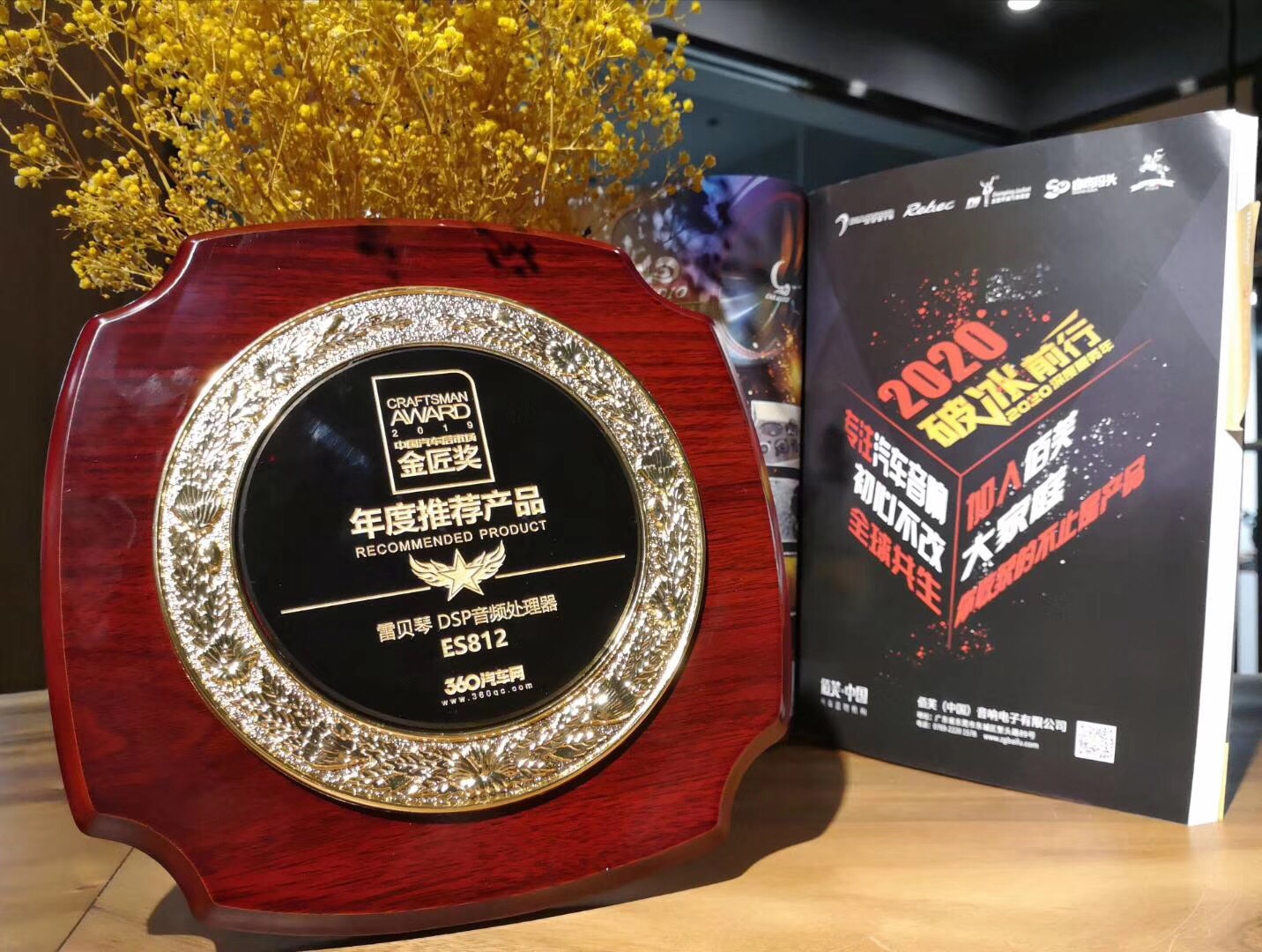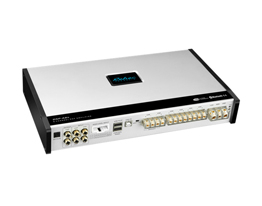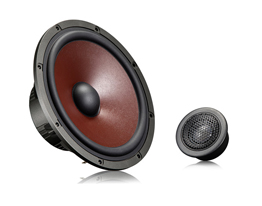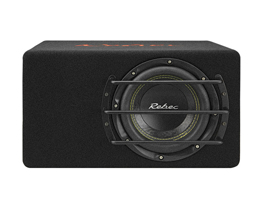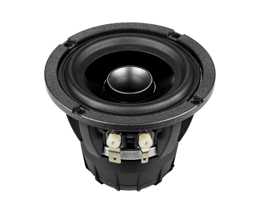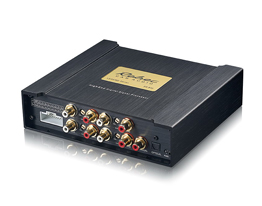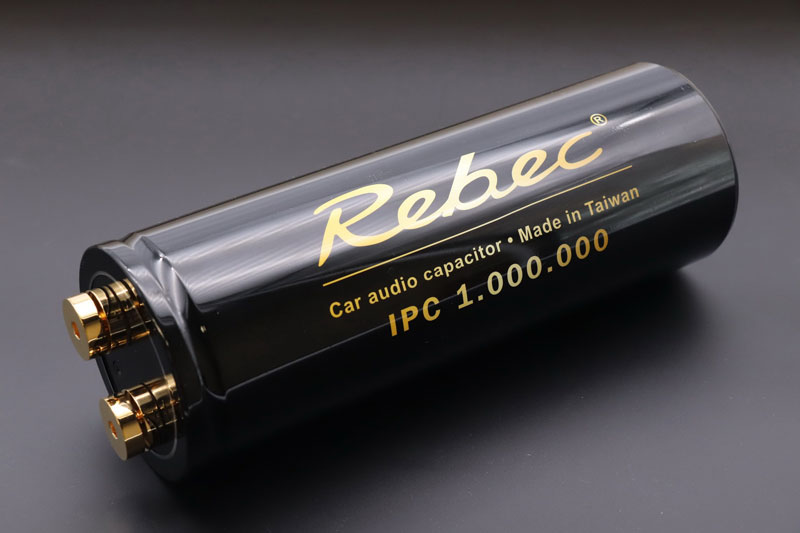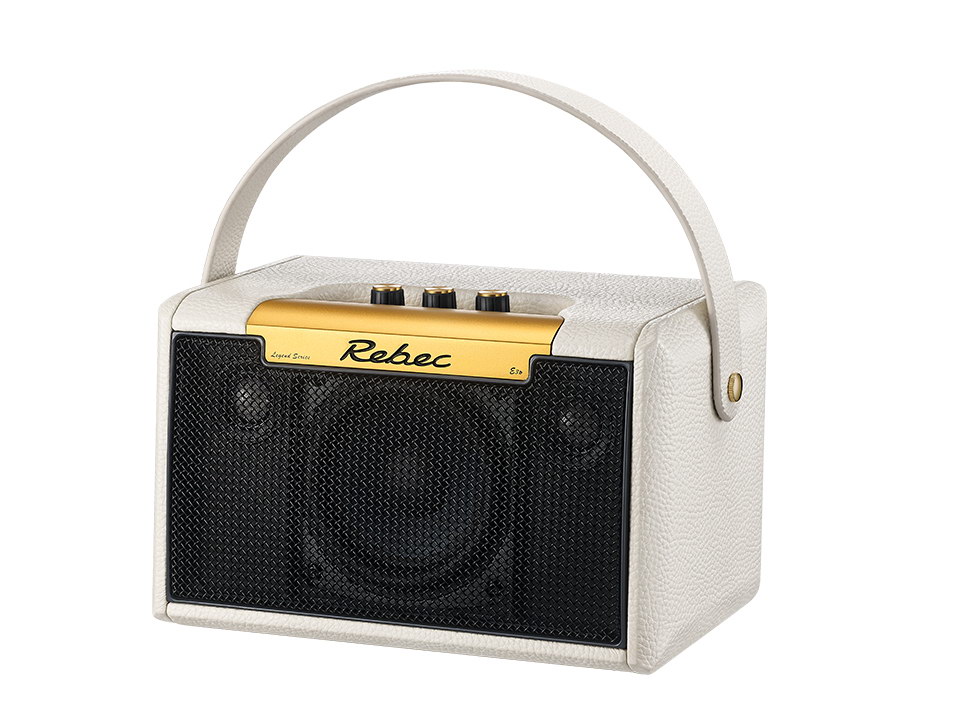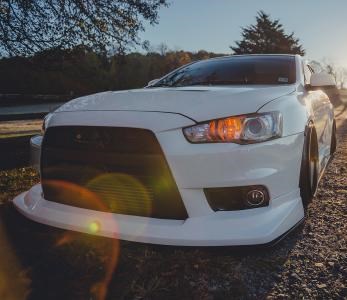Modification
How to avoid damaging and burning the loudspeaker of the car stereo?
Add Date:2018/6/28 Clicks:
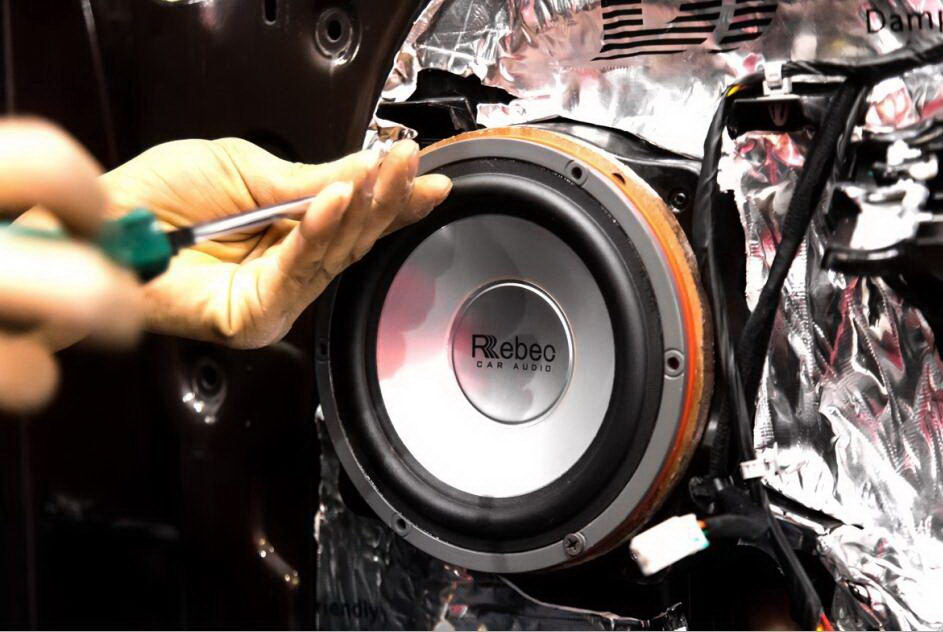
It is generally believed that the speaker will be damaged because the volume is too loud. In fact, there are many possible situations, and there is a wrong concept. Now, please list several situations and reasons to avoid the risk of speaker damage and burning.
First of all, we need to correct a wrong view. Many people think that if the power of the power amplifier is greater than the power of the loudspeaker, the loudspeaker will be burned. This is wrong. But because the power of the power amplifier is less than the loudspeaker, the loudspeaker will be burned. This is because when the power is not enough, the waveform distortion causes the top cutting, which generates the DC component. If you find that the loudspeaker makes a noise and the sound basin fluctuates when it is turned on, it indicates that there is a DC component. The voice coil with DC component will heat up, which is the reason for burning. Some people may ask: what happens to the loudspeaker when the power amplifier is high? This is also a point to tell you that the volume gain must be well controlled, and the volume should not exceed the maximum value of the speaker when it is fully opened during debugging, otherwise the speaker stroke will be too large when it is light, the speaker will be damaged, and the sound basin will be damaged when it is heavy.
The dividing point of the high pitch must be accurate. The high pitch of the car is generally 3000-3500HZ. If the dividing point is too low and there are low-frequency components, the high pitch will burn out. The tweeter driven by the power amplifier must be equipped with a tweeter protection circuit to absorb excess power. Otherwise, when the volume is too high, the transient current is too large, and the tweeter will be burned.
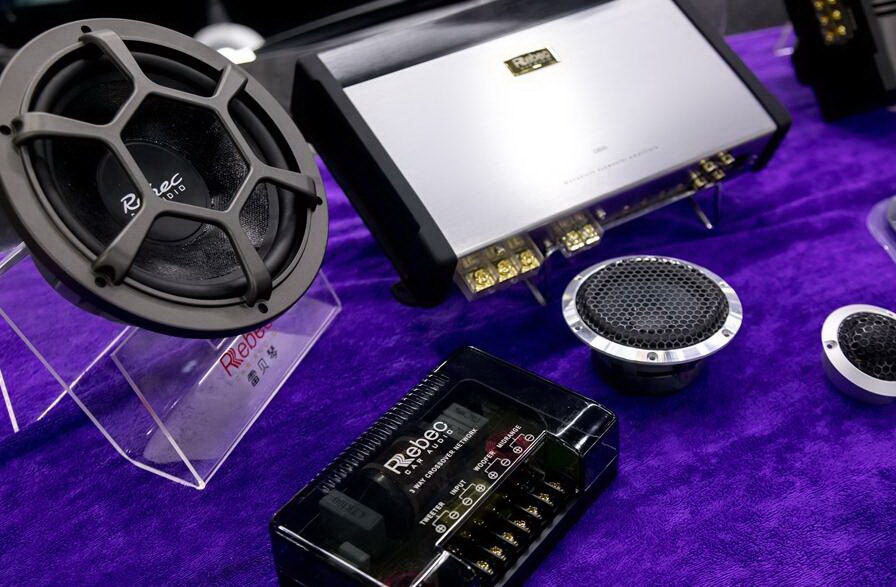
If the power amplifier has DC output, it will definitely burn out the bass speaker, even a few tweeters. The reason is that there is no capacitor on the crossover path of the bass (or other sound path) speaker to isolate DC. Once DC is output, it is like passing DC power into the speaker and burning the crossover coil together. Therefore, when purchasing power amplifiers, be sure to use an ammeter to measure whether there is DC output at the output terminals of the front stage and the rear stage. If there is DC output at the front stage, it is also possible to transmit DC to the loudspeaker via the rear stage to amplify the output. This is also a reminder that you should not buy amplifiers without brands, quality assurance or cheap power amplifiers. If you don't find this condition, you may burn your advanced speakers.



